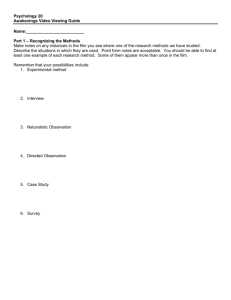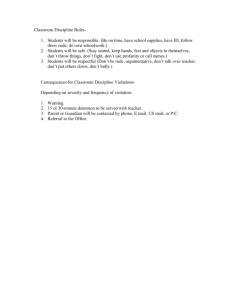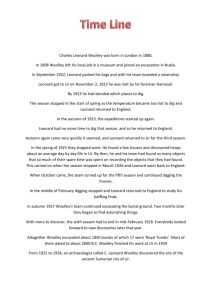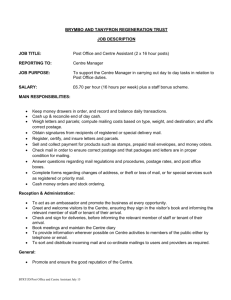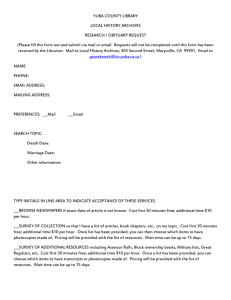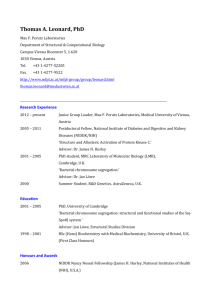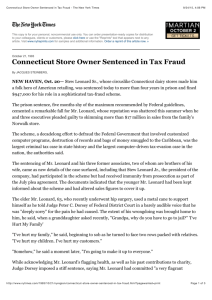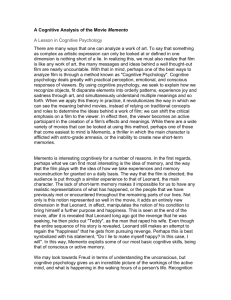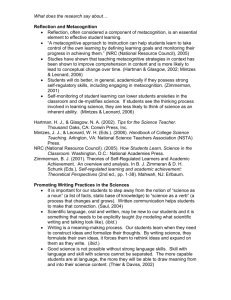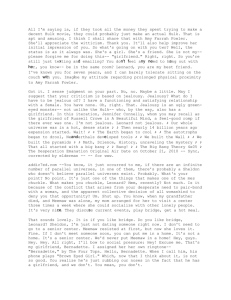Standard: - ODE IMS - Ohio Department of Education
advertisement
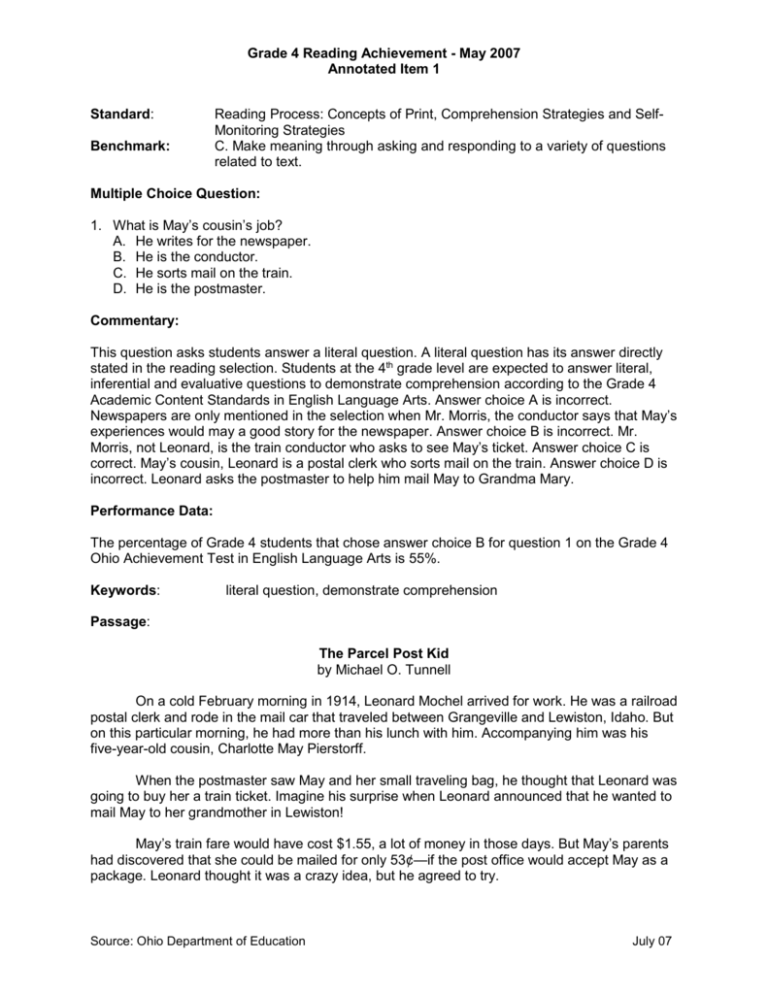
Grade 4 Reading Achievement - May 2007 Annotated Item 1 Standard: Benchmark: Reading Process: Concepts of Print, Comprehension Strategies and SelfMonitoring Strategies C. Make meaning through asking and responding to a variety of questions related to text. Multiple Choice Question: 1. What is May’s cousin’s job? A. He writes for the newspaper. B. He is the conductor. C. He sorts mail on the train. D. He is the postmaster. Commentary: This question asks students answer a literal question. A literal question has its answer directly stated in the reading selection. Students at the 4th grade level are expected to answer literal, inferential and evaluative questions to demonstrate comprehension according to the Grade 4 Academic Content Standards in English Language Arts. Answer choice A is incorrect. Newspapers are only mentioned in the selection when Mr. Morris, the conductor says that May’s experiences would may a good story for the newspaper. Answer choice B is incorrect. Mr. Morris, not Leonard, is the train conductor who asks to see May’s ticket. Answer choice C is correct. May’s cousin, Leonard is a postal clerk who sorts mail on the train. Answer choice D is incorrect. Leonard asks the postmaster to help him mail May to Grandma Mary. Performance Data: The percentage of Grade 4 students that chose answer choice B for question 1 on the Grade 4 Ohio Achievement Test in English Language Arts is 55%. Keywords: literal question, demonstrate comprehension Passage: The Parcel Post Kid by Michael O. Tunnell On a cold February morning in 1914, Leonard Mochel arrived for work. He was a railroad postal clerk and rode in the mail car that traveled between Grangeville and Lewiston, Idaho. But on this particular morning, he had more than his lunch with him. Accompanying him was his five-year-old cousin, Charlotte May Pierstorff. When the postmaster saw May and her small traveling bag, he thought that Leonard was going to buy her a train ticket. Imagine his surprise when Leonard announced that he wanted to mail May to her grandmother in Lewiston! May’s train fare would have cost $1.55, a lot of money in those days. But May’s parents had discovered that she could be mailed for only 53¢—if the post office would accept May as a package. Leonard thought it was a crazy idea, but he agreed to try. Source: Ohio Department of Education July 07 Grade 4 Reading Achievement - May 2007 Annotated Item 1 We would never think of mailing a human being today, but things were different in 1914. For one thing, sending heavy packages by mail was something new, so who could guess what might be allowed? And in 1914, mail was carried in rolling post offices instead of in the bellies of airplanes or the backs of trucks. Postal clerks like Leonard Mochel would sort mail while trains traveled between towns. If May were mailed, she would have her cousin Leonard’s company as well as a safe and comfortable place to ride. When the postmaster checked his book of rules, he found several things that he could not mail. No poisons. No insects. No reptiles. Nothing that smelled strongly. According to Leonard, the postmaster had a few funny things to say that morning. Maybe he sniffed May, laughed, and declared that she passed the smell test. Live animals were also forbidden, but the postmaster found that it was all right to send baby chicks by parcel post. So he classified May as a baby chick, weighed her in at 48 1 2 pounds (which may have included her small suitcase), and attached 53¢ in postage to her bag. As well as being “stamped,” May was also “addressed”: Deliver to Mrs. C. G. Vennigerholz 1156 Twelfth Avenue Lewiston, Idaho Leonard helped May into the mail car, and at 7:00 A.M., the train chugged out of the station. As it jolted and swayed over the tracks, May began to get dizzy. She hurried to the door to get some fresh air. Immediately Harry Morris, the conductor, spotted her and demanded to see May’s ticket. When Leonard explained that May was actually a parcel and showed him the 53¢ in stamps, Mr. Morris laughed. “I’ve seen everything now!” he said. He was certain May’s adventure would make a terrific story for the newspapers. Traveling about nineteen miles an hour, the train finally reached Lewiston at 11:00 A.M. Grandma Mary was flabbergasted when May appeared on her doorstep. No one had told her that her granddaughter was coming to visit, and delivery by mail was an extra shock! Source: Ohio Department of Education July 07

